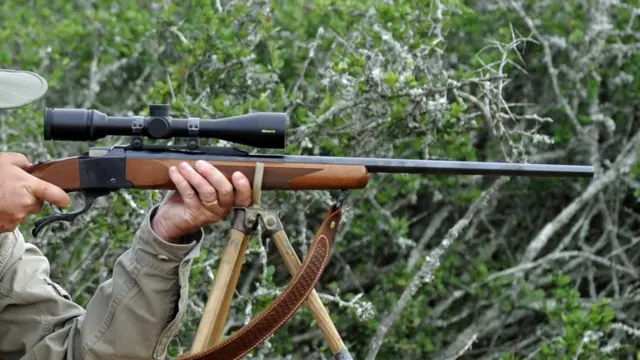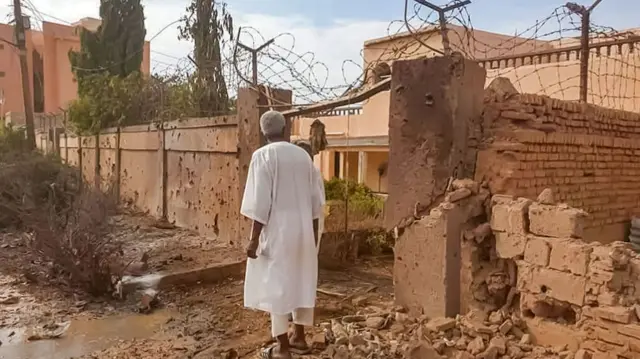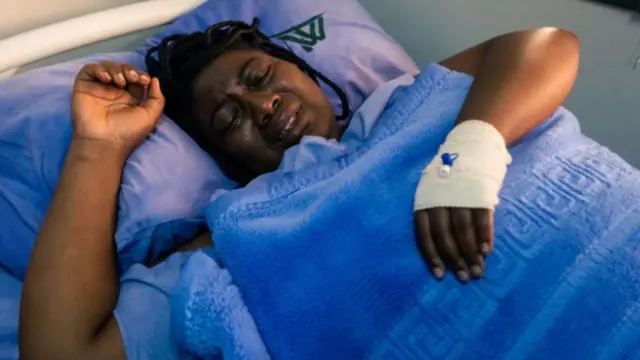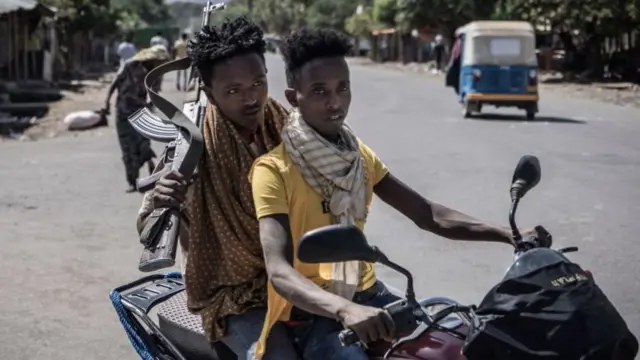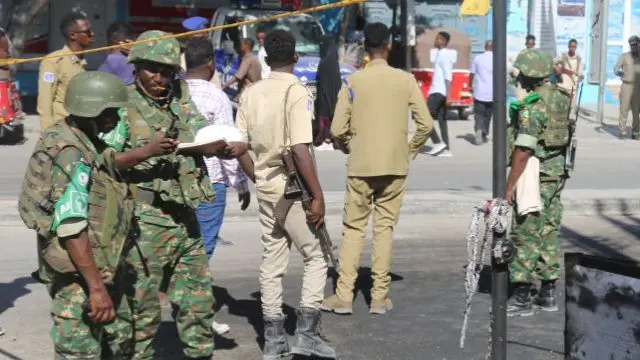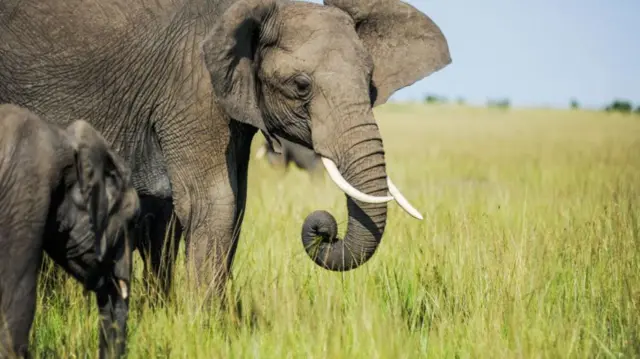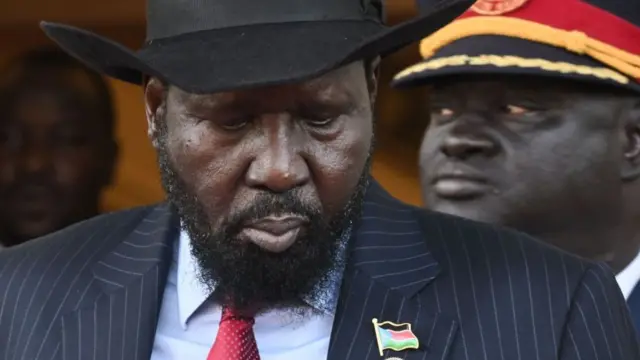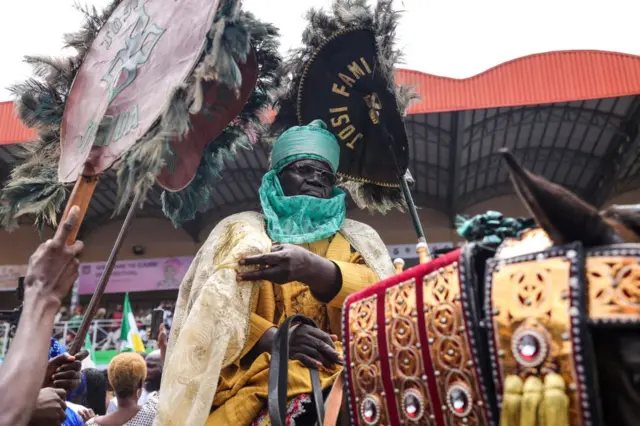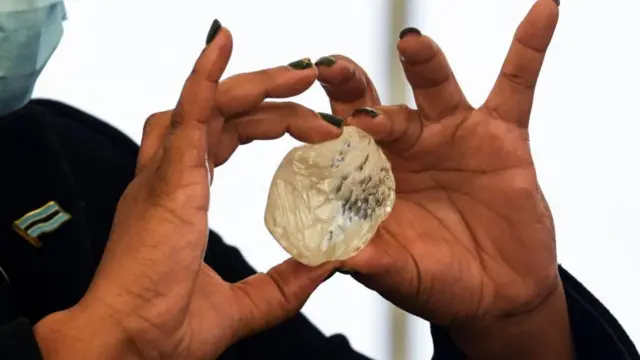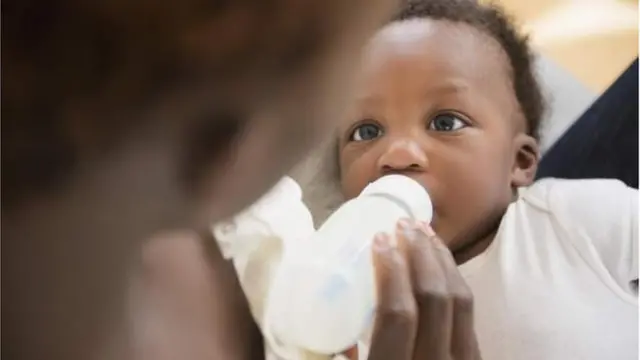China navy wants to protect dangerous seas off Nigeriapublished at 15:11 BST 5 July 2023
 Azeezat Olaoluwa
Azeezat Olaoluwa
BBC News, Lagos
 Image source, Getty Images
Image source, Getty ImagesThe Chinese naval fleet is visiting several countries in West Africa
China’s ambassador to Nigeria has told the BBC the visit by a Chinese naval fleet to Lagos is aimed at improving security in waters plagued by piracy and oil theft off West Africa and East Africa.
"Peace is not free, peace should be defended. So I think that we need military security collaboration, so Africa-China, Nigeria-China can do things to not only safeguard the peace, but to protect the vessels in the Gulf of Aden and also here in the Gulf of Guinea,” Cui Jianchun said.
Three Chinese military ships arrived in Nigeria on Sunday for a rare four-day visit.
Nigeria is a major oil supplier to China and just six months ago, a Chinese-built deep sea port costing $1bn (£787m) was opened in Lagos.
"The Nigerian navy can benefit from the Chinese partners. First they can exchange technology and also experiences," the ambassador said, adding that they could also build trust between the two sides.
He said he also believed the two countries could collaborate more when it came to infrastructure, technology and other areas.
In 2017, China opened its first overseas naval base in Djibouti and there has been speculation it may also want to set up a military base on Africa’s Atlantic coast.
Last year, US defence officials expressed concern about such ambitions.
But the Chinese ambassador sought to play down such fears: “We are working not to only serve Chinese nation… we are also working to do something for human progress and also harmony of the world.”
Before arriving in Nigeria, the Chinese naval fleet made four-day visits to Ivory Coast and Ghana.
They will be continuing to Gabon and the Democratic Republic of Congo before heading home.
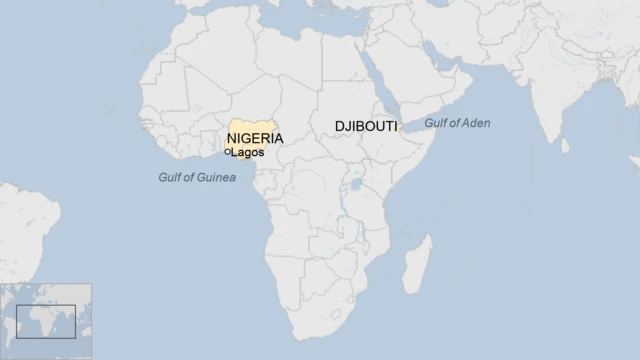
More on Africa-China relations:
